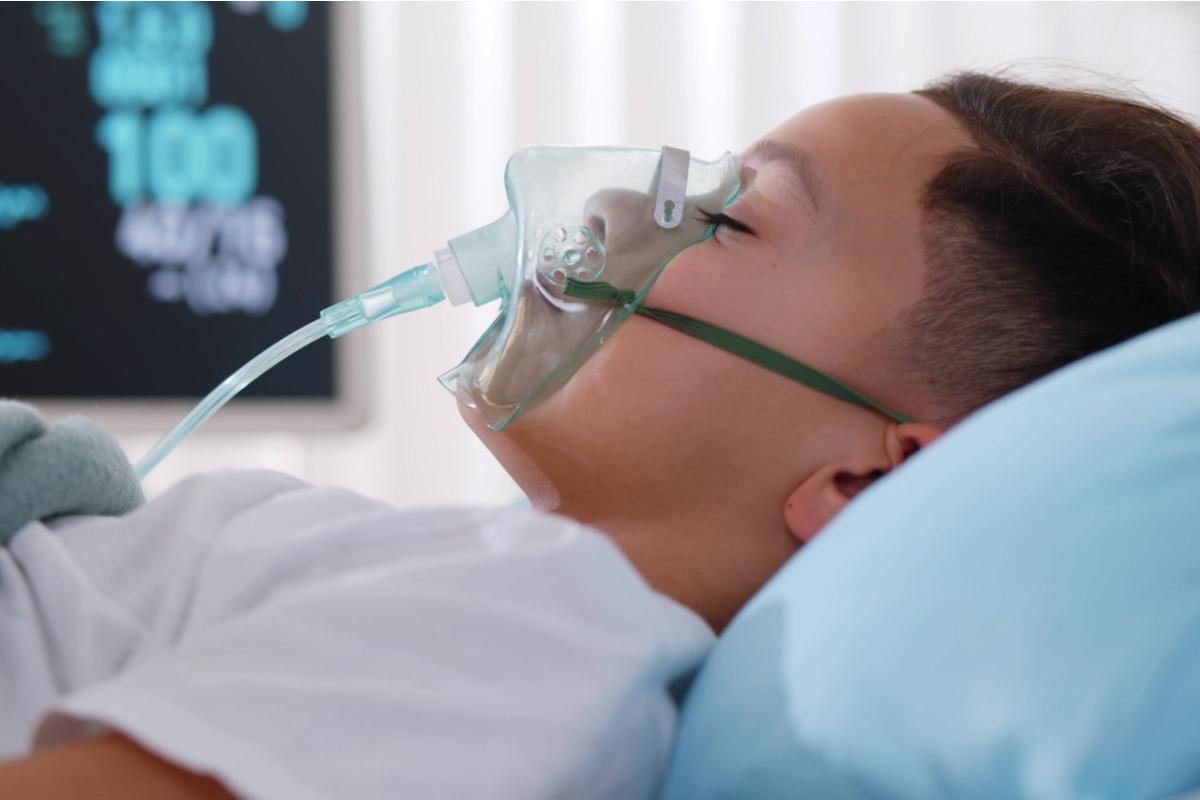Studies conducted worldwide have depicted that only a small percentage of children and young people are infected with severe acute respiratory syndrome coronavirus 2 (SARS-CoV-2). Seroprevalence studies in the pediatric population play an important role in minimizing the under-reported infection rates in children under 18 years due to subclinical and variable presentation.
 Study: Immunocompromised children and young people are at no increased risk of severe COVID-19. Image Credit:TommyStockProject
Study: Immunocompromised children and young people are at no increased risk of severe COVID-19. Image Credit:TommyStockProject
During the first wave of coronavirus disease 2019 (COVID-19) pandemic, the seroprevalence rates in children under 18 years were expected to be between 5 and 10% in the United Kingdom (UK). It has been noted that seropositivity rates in children vary between countries. Various large multicentre cohort studies on COVID-19 from the USA, the UK, and Europe have shown only a small number of pediatric hospital admissions, especially in pediatric intensive care units, and minimum mortality risk in children and young people. Further, the outcomes from a large systematic review and a retrospective cross-sectional study revealed that immunocompromised pediatric patients were at higher risk of severe COVID-19.
The study
In an article published in the Journal of Infection, researchers conducted a prospective study to describe the incidence and clinical spectrum of SARS-CoV-2 infection in a UK-wide cohort of immunocompromised children. The study was carried out over one year (16th March 2020 – 14th March 2021) and included 1527 immunocompromised children and young individuals under 19 years from 46 hospitals across the UK. An online consent form and information sheets were sent to the participants and the parents. Failure to provide consent after three weeks resulted in the removal of the participants from the study database.
The consented participants were asked to complete a weekly online questionnaire to collect information about symptoms, test results, hospital admission, and the impact of COVID-19 on day-to-day life. Initially, testing was limited to those above five years with symptoms that then expanded to those under five years.
An optional serology sub-study was investigated between December 2020 and January 2021. Survival analysis techniques were used to explore the risk of SARS-CoV-2 infection among participants during the first year of the study. Factors affecting the risk of SARS-CoV-2 infection and symptoms associated with infection were determined.
Findings
The study reported a total of 38 PCR-confirmed SARS-CoV-2 infections from September 2020 through March 2021. Of these 38 positive cases, 28 had mild symptoms managed at home, six were without any symptoms, and four had significant underlying comorbidities were admitted to the hospital. However, none of them had acute severe COVID-19 or died. Hazard analysis carried out in the study with the help of the Cox regression model indicated that the hazard of SARS-CoV-2 infection increased by 13% with every additional year of age and increased by three times in individuals with an immunodeficiency.
Also, cough, worsening of fever, and sore throat was more likely in PCR-positive SARS-CoV-2-infected participants than others. Of the 478 participants with serology data, 452 were unvaccinated. While 9.1% (41/452) of unvaccinated participants tested positive for SARS-CoV-2-reactive antibodies in the serology sub-study, only 2.5% (38/1527) were SARS-CoV-2 PCR-positive during the survey study.
Among the 18 participants who were SARS-CoV-2 positive in the serology sub-study, reactive antibodies were detected in only 9 (50%). However, in those with no prior report of SARS-CoV-2 infection, antibodies were detected in 32 of 434 (7.4%) participants.
Limitations
Late entry or withdrawal of participants in the study led to random censoring and less confidence in the results. Also, questionnaire data were subject to recall bias as it was patient or parent-reported. Lastly, reporting of symptoms was not accurate. There was a possibility of over-reporting (in weeks of reporting positive PCR tests) or under-reporting ( in those who already experience symptoms from other chronic diseases.
Conclusions
In this prospective cohort study, the researchers demonstrated that immunocompromised pediatric patients were at no increased risk of severe SARS-CoV-2 infections during the first two waves of the COVID-19 pandemic in the UK. During the first pandemic wave, no positive COVID-19 participants were reported during the government-advised shielding period, which indicates either the effectiveness of shielding measures or the insufficient testing.
Following the cessation of shielding measures, no increased risk of severe SARS-CoV-2 infection in this large cohort of UK immunocompromised children and young people was noted. Hazard analysis suggested that the hazard of SARS-CoV-2 infection increases with increasing age and immunodeficiency.
“Increasing age and immunodeficiency increased hazard of SARS-CoV-2 infection.”
Journal reference:
-
Chappell H, Patel R, Driessens C, Tarr AW, Irving WL, Tighe PJ, Jackson HJ, Harvey-Cowlishaw T, Mills L, Shaunak M, Gbesemete D, Leahy A, Lucas JS, Faust SN, de Graaf H. Immunocompromised children, and young people are at no increased risk of severe COVID-19. J Infect. doi: https://doi.org/10.1016/j.jinf.2021.11.005 https://www.journalofinfection.com/article/S0163-4453(21)00548-X/fulltext